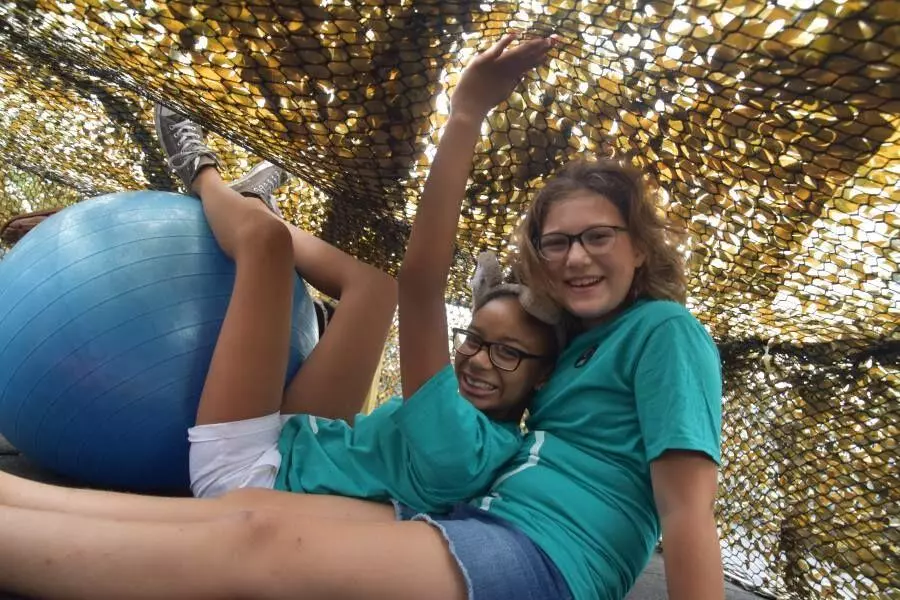Quality education in elementary school can set a young student’s feet on the path for success. That’s why aspiring teachers who want to be prepared to teach a range of students seek the highest level of expertise by entering a childhood special education master’s program.
The Childhood Master’s Program at Bank Street
Bank Street’s childhood special education master’s program is designed for students who want to earn their permanent teaching certification and is especially focused on educators who want to work with children from grades 1-6 in general, inclusion or special education settings.
While all master’s programs offer students advanced skills and expertise, Bank Street’s master’s program takes an approach that is different than most. At Bank Street, the emphasis is on producing graduates who understand the diverse ways students learn while tailoring their teaching approach to the needs of each student, creating a classroom that values, validates, and nurtures children and difference.
Program Curriculum
Students graduate from the childhood special education master’s program at Bank Street College with 32 credit hours earned and a Master of Science in Education. Students in the program benefit from Bank Street’s developmental-interaction approach through curriculum topics that include:
Inclusive and special education classroom environments: Students learn to create classroom environments that meet the needs of all children. Participants examine the complexities of teachers’ day-to-day responsibilities and concerns.
Developmental variations in language and communication: Students will deepen their understanding of language and communication disorders in monolingual and bilingual children and reflect on their own communication styles to more effectively meet the communication needs of their students.
Social studies for inclusive and special education settings: Students analyze and develop integrated curricula in social studies using a sociopolitical lens, exploring the ways children come to learn and care about themselves and others through the social studies.
Supervised Field Work
Bank Street offers smaller class sizes to support better teacher-student interaction. And while the school focuses on the latest teaching strategies and contemporary research into education, we also teach students how to apply these strategies in the classroom.
During supervised fieldwork, students participate in a weekly conference group with their advisor and five to seven graduate students where they can reflect on their experiences and the discussion explores the details of teaching and learning. Students meet one-on-one twice per month with their advisor and attend three-way meetings with their advisor and a cooperating teacher. Students also learn from experiences in the classroom working as a student teacher, a full-time assistant or as a head teacher.
Becoming a teacher of children as they grow and develop during the elementary years is an important and impactful role. Those who enter a high-quality childhood special education master’s program are taking an important first step in learning how to approach that job with the highest possible level of skills and knowledge.
